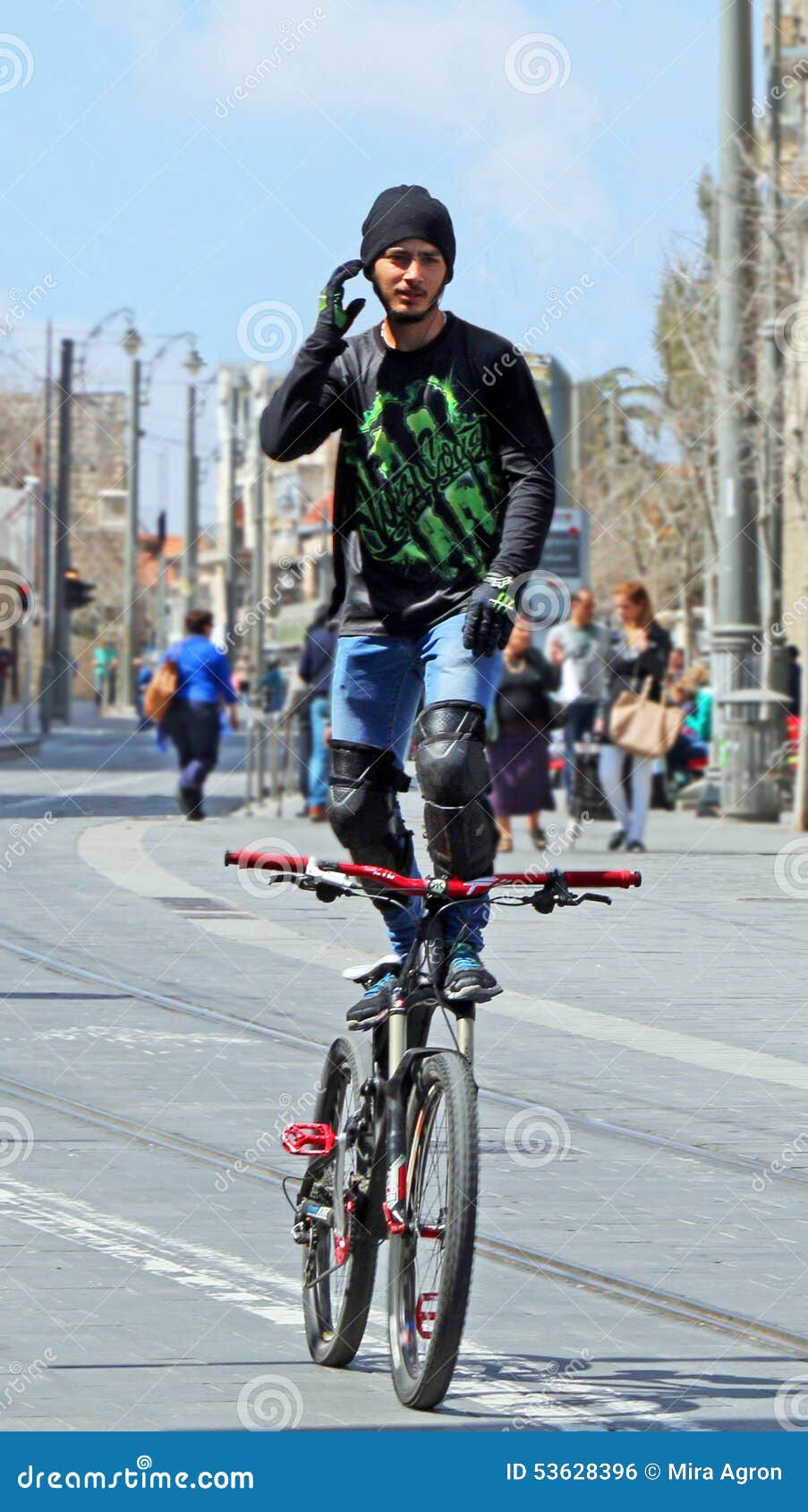More than 120 years ago, Susan B. Anthony said that the bicycle has done more than anything else in the world to emancipate women. She certainly had a point: Cycling itself gave women freedom and mobility we hadn't previously experienced. It also led to less-restrictive clothing than women had previously worn which, of course, freed us in all sorts of other ways. I mean, I simply can't imagine living in a whalebone corset and petticoats.
One is something that even the expertise Diaz gained in her old job couldn't resolve: how to get bicycles. In spite of its relatively rich history of cycling, the island has no bike industry. So, VeloCuba has had to buy bicycles from tourists visiting the island.
Still, the bicycle's potential for emancipating women hasn't come close to being realized. While I still wish that women's racing would get the attention it garnered, say, 30 to 35 years ago (in the days of Rebecca Twigg and Jeanne Longo), I think the real power of cycling for women lies elsewhere.
One example is in VeloCuba in Havana. Three years ago, Nayvis Diaz left her job in the Ministry of Foreign Trade and sold her Peugeot car to finance the opening of this rental and repair shop. All of its seven employees are women, including Dayli Carvo, who once raced for Cuba's national team.
 |
| One of VeloCuba's employees works on a bike. |
In addition to repairs and rentals, VeloCuba also conducts bicycle tours of the Cuban capital. "We place great emphasis on knowing historical matters," Diaz says of her guides, who conduct tours in English, French and German as well as Spanish. "We are very keen for our visitors to discover art, architecture, new places they can go at night, and learn about Cuban society," she explains.
VeloCuba has, in its brief history, expanded to two locations--one in the central neighborhood of Vedado and the other in Old Havana. It has not arrived at its success, however, without running through a couple of obstacles.
One is something that even the expertise Diaz gained in her old job couldn't resolve: how to get bicycles. In spite of its relatively rich history of cycling, the island has no bike industry. So, VeloCuba has had to buy bicycles from tourists visiting the island.
The other is that for more than half a century, Cuba, like other Communist countries, had no advertising. Even today, there are few advertising venues. The shop's clientele, therefore, has been built mainly through word of mouth. At the risk of sounding sexist, I daresay that is something we, as women, rely on in so many areas of our lives.
In addition to bicycle rentals and repairs, VeloCuba repairs and maintains wheelchairs--for free. Diaz sees it as a way to "offer some help to society."
The goodwill she is creating may help her to realize another dream she has: that "one or two days a week, only cycling is allowed in the city."
I think Ms. Anthony would approve.

